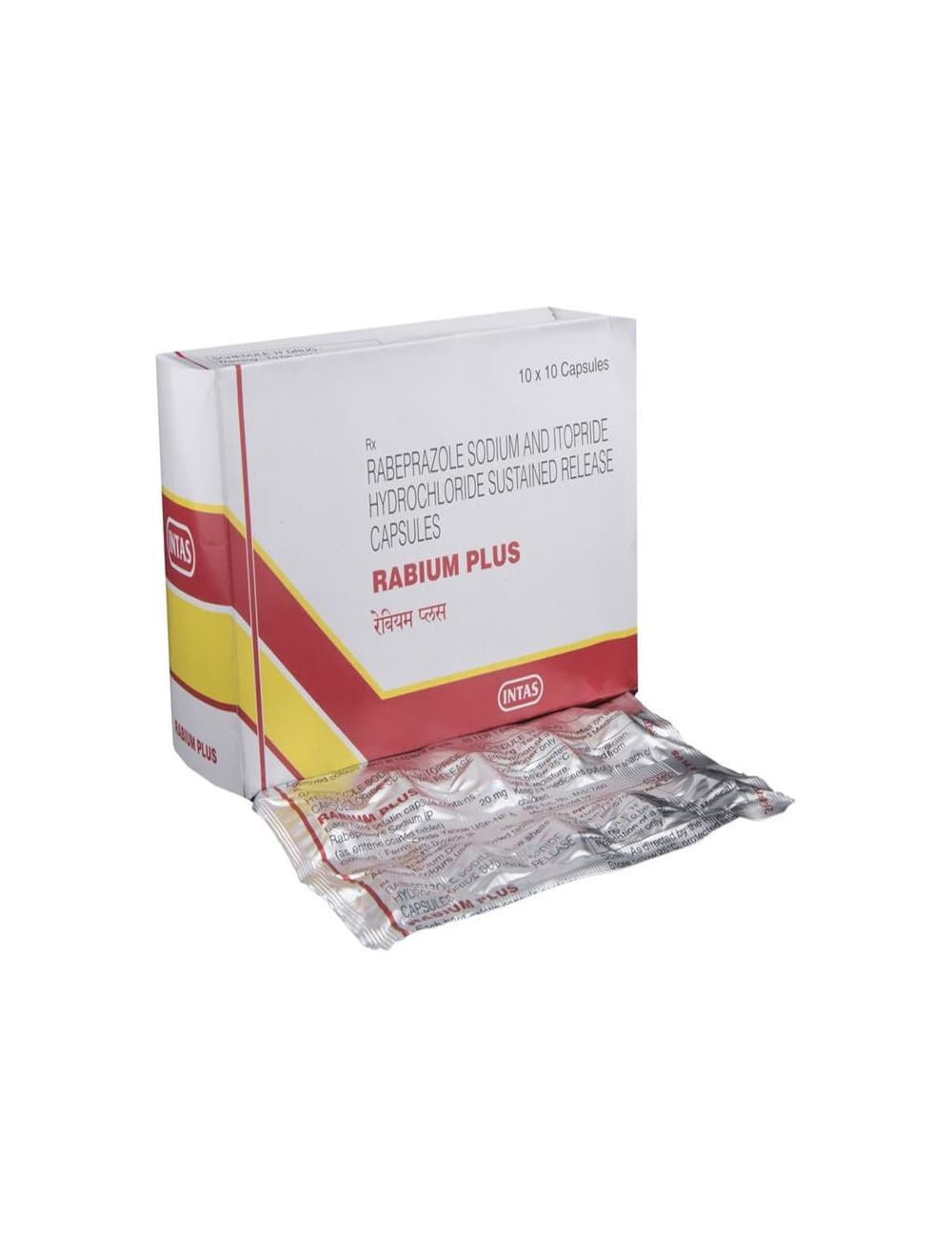meflotas MEFLOQUINE
Introduction to meflotas
Meflotas is a medication primarily used to prevent and treat malaria, a disease caused by parasites transmitted through the bites of infected mosquitoes. It is particularly useful in areas where malaria parasites have developed resistance to other antimalarial drugs. Meflotas is especially beneficial for travelers visiting regions like Africa, Asia, and South America.
Composition of meflotas
The active ingredient in Meflotas is Mefloquine, which works by interfering with the growth of malaria parasites in red blood cells. It disrupts their metabolism and effectively kills them, preventing the disease from spreading in the body.
Uses of meflotas
- Prevention of malaria in travelers visiting high-risk areas.
- Treatment of malaria infections, especially where resistance to other drugs is present.
Side effects of meflotas
Common side effects:
- Nausea and vomiting
- Diarrhea and stomach pain
- Dizziness and drowsiness
- Difficulty sleeping
- Mood changes such as anxiety and depression
Serious side effects:
- Hallucinations
- Seizures
- Severe anxiety or paranoia
Precautions of meflotas
Individuals with a history of seizures, depression, anxiety, or other psychiatric disorders should avoid taking Meflotas, as it can exacerbate these conditions. It is also not recommended for pregnant women in the first trimester unless no alternatives are available.
How to Take meflotas
- For malaria prevention, adults typically take 250 mg (1 tablet) once a week, starting 1-2 weeks before travel and continuing for 4 weeks after returning.
- For malaria treatment, a single dose of 750 mg followed by 500 mg after 6-8 hours and then 250 mg after another 6-8 hours may be prescribed.
- Doses for children are based on weight and must be determined by a doctor.
Conclusion of meflotas
Meflotas is an effective medication for preventing and treating malaria, especially in areas with drug-resistant parasites. However, it is important to be aware of its side effects and take necessary precautions, particularly for individuals with certain medical histories. Always consult with a healthcare professional before starting any new medication.


Can I take Meflotas with other prescription drugs?
Meflotas can interact with other medications, increasing the risk of side effects. For example, taking it with other drugs that affect the heart, like quinidine, can increase the risk of heart problems. Combining Meflotas with certain antidepressants or antipsychotics can increase the risk of mental health side effects. Always inform your doctor about all the medications you are taking to avoid potential interactions. They can help adjust your treatment plan to ensure it's safe and effective.

Can Meflotas be taken safely while breastfeeding?
Meflotas is generally considered safe to use while breastfeeding. It is excreted into breast milk in small amounts, but no adverse effects have been reported in breastfed infants. However, it's important to monitor your baby for any unusual symptoms. If you have concerns about taking Meflotas while breastfeeding, talk with your doctor. They can provide personalized advice and help you weigh the benefits and risks based on your specific situation.

Can Meflotas be taken safely while pregnant?
The safety of Meflotas during pregnancy is not well-established. Limited evidence suggests it may be used if the benefits outweigh the risks, especially in areas with high malaria risk. Animal studies have shown some adverse effects, but human data is limited. If you're pregnant or planning to become pregnant, talk with your doctor about the safest options for malaria prevention or treatment. They can help create a plan that protects both you and your baby.

Does Meflotas affect appetite?
Meflotas doesn't typically affect appetite. Most people taking this medication don't notice changes in how hungry they feel or how much they want to eat. If you notice any unexpected changes in your appetite after starting Meflotas, talk with your doctor about these changes. For mild appetite changes, try maintaining regular meal times and eating a balanced diet while taking your medication. Your doctor can help determine if any appetite changes you experience are related to Meflotas or if there might be another cause.

Does Meflotas affect mood?
Meflotas can affect mood, causing changes such as anxiety, depression, or agitation. These mental health side effects are considered serious and require immediate medical attention. If you notice changes in your mood or mental well-being after starting Meflotas, talk with your doctor right away. They can help determine if the medication is the cause and suggest appropriate support or alternative treatments. It's important to address any mental health concerns promptly while taking this medication.

Does Meflotas affect sleep?
Meflotas can interfere with sleep, causing insomnia, which is difficulty falling or staying asleep. This side effect is considered occasional and can vary in severity. If you notice changes in your sleep patterns after starting Meflotas, talk with your doctor. They can help determine if the medication is the cause and suggest ways to improve your rest. It's important to address any sleep issues while taking this medication to ensure you get the rest you need.

Does Meflotas cause headaches?
Yes, Meflotas can cause headaches in some people. This side effect is considered occasional, meaning it doesn't happen to everyone. The severity of headaches can vary from mild to moderate. If you experience mild headaches, staying hydrated and resting may help. Over-the-counter pain relievers can also be used, but check with your doctor first. If headaches are severe or persistent, talk with your healthcare provider. They can help determine if Meflotas is the cause and suggest appropriate management.

Does Meflotas cause stomach upset?
Yes, Meflotas can cause stomach upset, including nausea, vomiting, and diarrhea. These gastrointestinal side effects are considered occasional. Taking Meflotas with food can help reduce stomach discomfort. If you experience mild stomach upset, it may go away on its own. However, if you have severe or persistent symptoms, talk with your doctor. They can help determine if Meflotas is the cause and suggest ways to manage these side effects.

Does Meflotas cause weight gain?
Meflotas doesn't typically affect body weight. Most people taking this medication don't notice changes in their weight. If you experience unexpected weight changes while taking Meflotas, talk with your doctor. They can help determine if the medication is the cause or if there might be another reason for the changes. Maintaining a balanced diet and regular exercise can help manage your weight while taking any medication.

Does Meflotas interfere with sexual function?
Meflotas can sometimes interfere with sexual function. Some people may experience changes in libido, which is sexual desire, or erectile dysfunction, which is difficulty achieving or maintaining an erection. These side effects are not very common. If you notice changes in your sexual function while taking Meflotas, talk with your doctor. They can help determine if these changes are related to the medication and suggest ways to manage them. It's important to address any concerns you have about your sexual health while taking this medication.

Does Meflotas limit driving?
Meflotas can cause dizziness or balance problems, which may impair your ability to drive safely. If you feel dizzy or lightheaded after taking Meflotas, avoid driving until these symptoms go away. When you first start this medication, pay attention to how your body responds before getting behind the wheel. Talk with your doctor about any concerns you have about driving while taking Meflotas, especially if you notice any unusual symptoms.

Does Meflotas make it hard to think or concentrate?
Meflotas can cause cognitive side effects, such as difficulty concentrating or thinking clearly. These effects are considered occasional and can vary in severity. If you notice problems with your thinking or concentration after starting Meflotas, talk with your doctor. They can help determine if the medication is the cause and suggest ways to manage these side effects. Don't stop taking Meflotas without consulting your doctor first.

Does Meflotas make people tired or drowsy?
Meflotas can cause fatigue or drowsiness in some people. These side effects are considered occasional and can vary in severity. If you notice you're feeling unusually tired or drowsy while taking Meflotas, talk with your doctor. Your tiredness might be caused by something else, like another medication you're taking, or an underlying health condition. Your doctor can help determine what's causing your symptoms and recommend appropriate adjustments to your treatment plan. Remember that proper rest, regular physical activity, and a balanced diet can help maintain your energy levels while taking any medication.

For how long do I take Meflotas?
Meflotas is usually taken for a short-term period to prevent or treat malaria. For prevention, you typically start taking it one to two weeks before entering a malaria area and continue for four weeks after leaving. For treatment, the duration depends on your doctor's instructions. Always follow your doctor's advice on how long to take Meflotas. Stopping it early can lead to treatment failure or the return of symptoms. Consult your doctor for specific guidance based on your health needs.

How does Meflotas work?
Meflotas works by interfering with the growth of parasites in the red blood cells. It disrupts the parasites' ability to multiply and survive, effectively killing them. Think of it like cutting off the parasites' supply line, preventing them from thriving in your body. This action helps prevent and treat malaria, which is a disease caused by these parasites. Meflotas is effective in areas where malaria is resistant to other medications, making it a valuable tool in malaria control.

How do I know if Meflotas is working?
Meflotas is used to prevent and treat malaria. You'll know it's working if you don't develop malaria symptoms, such as fever, chills, or muscle aches, while taking it for prevention. If you're using it to treat malaria, improvement in symptoms like fever and fatigue indicates it's working. Regular check-ups with your doctor are important to monitor your response to the medication. They may perform blood tests to ensure the treatment is effective.

How do I take Meflotas?
Take Meflotas exactly as prescribed by your doctor. It's usually taken once a week, on the same day each week. You should take it with a full glass of water and with food to help prevent stomach upset. Do not crush or chew the tablets. If you miss a dose, take it as soon as you remember, unless it's almost time for your next dose. In that case, skip the missed dose and continue with your regular schedule. Never take two doses at once. Follow your doctor's advice on any dietary or beverage restrictions while taking Meflotas.

How long does it take for Meflotas to start working?
Meflotas starts working within a few hours of taking it. For malaria prevention, it begins to protect you shortly after you start taking it, but it's important to continue taking it as prescribed for full protection. For treatment, you may notice an improvement in symptoms like fever and fatigue within a few days. The time it takes to achieve full therapeutic effect can vary based on individual factors like your health and the severity of the infection. Always follow your doctor's instructions for the best results.

How should I store Meflotas?
Store Meflotas at room temperature, away from moisture and light. Keep it in its original container with the lid tightly closed. Avoid storing it in humid places like bathrooms, as moisture can affect the medication's effectiveness. Always keep Meflotas out of reach of children and pets to prevent accidental ingestion. Check the expiration date regularly and properly dispose of any unused or expired medication according to local guidelines or your pharmacist's advice.

Is it safe to drink alcohol while taking Meflotas?
It's best to avoid alcohol while taking Meflotas. Alcohol can increase the risk of side effects like dizziness and nausea. It may also worsen mental health side effects, such as anxiety or depression. If you choose to drink, limit your alcohol intake and watch for any warning signs like increased dizziness or mood changes. Talk with your doctor about alcohol use while taking Meflotas to get personalized advice based on your health situation.

Is it safe to drink coffee or tea while taking Meflotas?
You can drink coffee and tea while taking Meflotas. There are no known interactions between caffeine and Meflotas. However, both caffeine and Meflotas can cause dizziness or sleep disturbances. Drinking too much caffeine might increase these effects. Enjoy caffeinated drinks in moderation and ensure you stay hydrated. If you notice any unusual symptoms, talk with your doctor. They can provide guidance on managing your caffeine intake while taking Meflotas.

Is it safe to exercise while taking Meflotas?
You can exercise while taking Meflotas, but be cautious. This medication can cause dizziness or balance problems, which might affect your ability to exercise safely. If you feel dizzy or lightheaded, avoid strenuous activities or high-impact sports. Drink plenty of water to stay hydrated, especially during exercise. If you experience unusual symptoms during physical activity, slow down or stop and rest. Talk with your doctor if you have concerns about exercising while taking Meflotas.

Is Meflotas effective?
Meflotas is effective in preventing and treating malaria, which is a disease caused by parasites transmitted through mosquito bites. It works by killing the parasites in the blood. Clinical studies show that Meflotas is effective in reducing the risk of malaria infection and treating active infections. It's important to take Meflotas exactly as prescribed to achieve the best results. If you have concerns about its effectiveness, talk with your doctor. They can provide more information based on your specific health needs.

Is Meflotas safe for the elderly?
Elderly individuals may be more vulnerable to the side effects of Meflotas, such as dizziness or mental health changes. These effects can be more pronounced in older adults. It's important for elderly patients to be closely monitored while taking Meflotas. If you are elderly and taking this medication, report any unusual symptoms to your doctor promptly. They can help manage side effects and adjust your treatment plan as needed to ensure your safety.

What are Meflotas possible harms and risks?
Common side effects (10%–20% of users) include:
- Nausea, vomiting, diarrhea, stomach pain
- Dizziness, drowsiness, difficulty sleeping
- Mood changes, anxiety, depression
Serious but rare side effects (less than 1%) include hallucinations, seizures, and severe anxiety or paranoia. Seek medical attention if these occur.

What disease or symptom is Meflotas used for?
Meflotas is primarily used to prevent and treat malaria, which is a disease caused by parasites transmitted through mosquito bites. It helps kill the parasites in the blood, reducing the risk of infection and treating active infections. Meflotas is often used in areas where malaria is resistant to other medications. It's important to take Meflotas exactly as prescribed to ensure its effectiveness. If you have questions about its uses or how it works, talk with your doctor.

What is Meflotas?
Meflotas is a medication used to prevent and treat malaria, which is a disease caused by parasites transmitted through mosquito bites. It belongs to a class of drugs called antimalarials, which work by killing the parasites in the blood. Meflotas is often used in areas where malaria is resistant to other medications. It's important to take Meflotas exactly as prescribed to ensure its effectiveness. If you have questions about how Meflotas works or its uses, talk with your doctor.

What is the usual dose of Meflotas?
The usual dose of Meflotas for adults is 250 mg once a week. It's important to take it on the same day each week. For children, the dose is based on body weight, and your doctor will provide specific instructions. If you have liver problems or are elderly, your doctor may adjust your dose. Always follow your doctor's dosing instructions carefully. Do not change your dose without consulting your healthcare provider.

Who should avoid taking Meflotas?
Meflotas should not be used if you have a history of seizures, which are sudden, uncontrolled electrical disturbances in the brain, or certain mental health conditions like depression or anxiety. These are absolute contraindications due to severe risks. If you have liver problems or heart conditions, use Meflotas with caution, as these are relative contraindications. Always inform your doctor about your medical history before starting Meflotas to ensure it's safe for you.
Available in 2 variations

Meflotas Tablet
strip of 2 tablets

Meflotas Drop
packet of 5 ml Drop













.svg)
